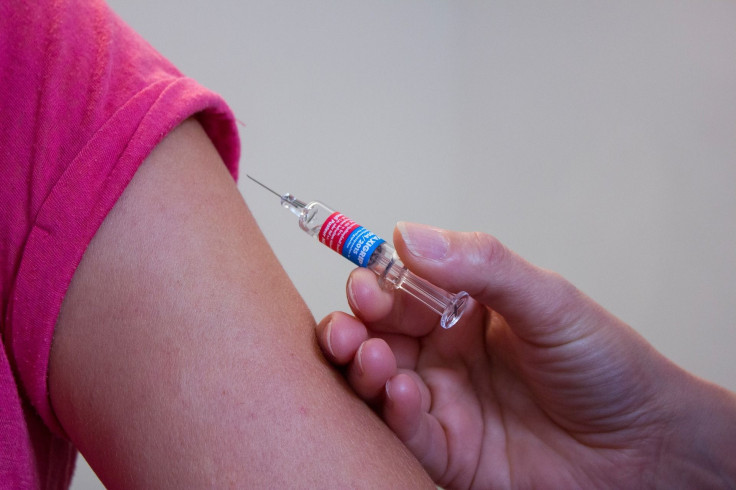HPV Vaccine Inoculation Rates Low Despite Success At Preventing Virus-Related Cancers And Warts

HPV is the most common sexual transmitted disease, with an estimated 9 out of 10 people contracting the infection at some point in their lives. A catchall for about 200 related viruses, the most worrisome strains are those causing genital warts and cervical cancer. There is one easy, effective tactic (and no, it’ doesn’t require abstaining from sex) that’s highly underused: vaccinations.
Currently, the FDA-approved vaccines include Gardasil, Gardasil 9 and Cervarix. All prevent the HPV strains linked to about 70 percent of cervical cancers, and Gardasil prevents the viruses that cause about 90 percent of genital warts cases. According to a 2015 study, almost 25,000 HPV-related cancers, including anal, cervical and penile, could be reduced each year by vaccinating.
Health professionals recommend that everyone receive the vaccine at around 11 years old, though children as young as nine can get it too. But a CDC report shows that only about 30 percent of female and 25 percent of male 13 year olds have received the HPV vaccination.
So why are so many opting out of a simple shot that can prevent something they’ll undoubtedly contract? Some believe its reputation as an STD vaccine does little to boost rates as parents hesitate to validate teen sex.
"This vaccine should have been introduced as a vaccine that will prevent cancer, not sexually transmitted infections," Dr. H. Cody Meissner, professor of pediatrics at Tufts University School of Medicine, explains to NPR.
However, in a blog post on The Hill, Dr. Anna Beavis, gynecologic oncology fellow, writes about her research findings on why more parents don’t vaccinate. Using data from the National Immunization Survey conducted by the CDC, she found that less than two percent of parents were worried the vaccine would encourage kids to have sex. The main reason? Concern over side effects, followed by the belief it was unnecessary and a lack of physician recommendation.
Hill says many doctors are hesitant to bring up the subject as a talk about safe sex usually ensues.
Others blame the vaccination schedule, which until recently required three shots. Medical professionals hope the change to two doses for 11 and 12 year olds, which occurred in October 2016, will increase vaccination rates. For older teens and adults, the timeline remains the same.
Read: People Who Prefer Casual Sex More At Risk For Sexual Harassment, Study Says
Dr. Joseph Bocchini Jr., chairman of pediatrics at Louisiana State University Health in Shreveport, La., tells NPR this change should make things easier for families.
“Parents can fit it into a routine regimen when people go in for their 12-year-old's regularly scheduled visit.”
Despite the low inoculation rates, a report from 2013 indicates that since 2006, vaccine-type HPV has declined 56 percent in females between 14 and 19 years old.
See Also:
The Case For Granny Panties: 4 Underwear Mistakes That Can Affect Your Health
Cancer Cure Research 2017: Vitamin C Targets And Kills Cancer, According To New Study



























